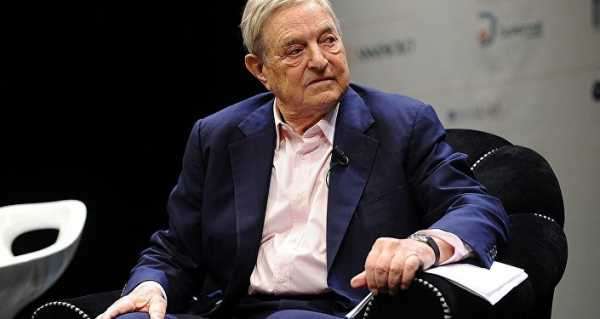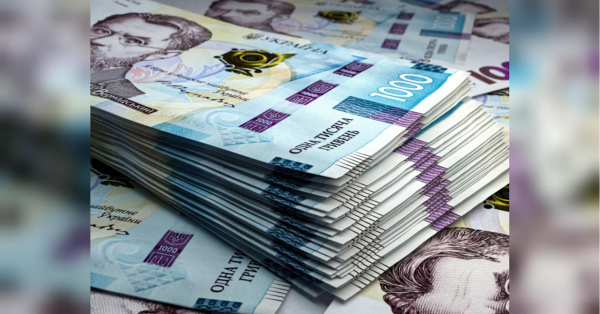
In 2019, Beijing berated George Soros for describing President Xi Jinping as the “most dangerous opponent of open societies”, in remarks that the billionaire financier made during a speech at the World Economic Forum in Davos.
Billionaire and philanthropist George Soros has again lashed out at Chinese President Xi Jinping, accusing him of turning himself “into a dictator”.
In an opinion piece for The Wall Street Journal, the founder of the Open Society Foundations claimed that Xi “dictates the policies” he wants the Chinese Communist Party to follow in order “to prevail in 2022”, an apparent reference to the forthcoming 20th National Party Congress, where a government shakeup may take place.
Soros argued that Xi has turned his supporters “into his own yes-men, abolishing the legacy of consensual rule” of his predecessor Deng Xiaoping, who the 91-year-old said, “had a very different concept of China’s place in the world”.

Chinese President Xi Jinping applauds at the closing session of the Chinese People’s Political Consultative Conference (CPPCC) at the Great Hall of the People in Beijing, China March 10, 2021.
He reiterated his mantra that he considers Xi “the most dangerous enemy of open societies in the world”, claiming that ordinary Chinese fall victim to these polices and that “domestic political opponents and religious and ethnic minorities suffer from his [Xi’s] persecution much more”.
Soros asserted that the Chinese president “suffers from several internal inconsistencies which greatly reduce the cohesion and effectiveness of his leadership”. According to him, there is a conflict between Xi’s beliefs and his actions, as well as between “his public declarations of wanting to make China a superpower and his behavior as a domestic ruler”.

George Soros, Founder and Chairman of the Open Society Foundations leaves after his speech entitled “How to save the European Union” as he attends the European Council On Foreign Relations Annual Council Meeting in Paris, Tuesday, May 29, 2018
The US, along with many other countries, does not recognise Taiwan as a sovereign nation and officially sticks to the “One-China” policy. Washington has, however, maintained informal relations with the island since severing diplomatic ties with Taipei in 1979. China, which views Taiwan as a breakaway province, is uneasy over Taipei’s ongoing cooperation with Washington, especially in the defence sector.
Soros’ article comes a few months after he told the German newspaper Augsburger Allgemeine that he is “not in favor” of working very closely with China on tackling the COVID-19 pandemic amid Washington’s concerns that the virus could originate from a Chinese bio lab. Beijing rejects the allegations, warning against politicising the issue.
The philanthropist also accused Xi of destroying “the political future of the most important and ambitious men in a very narrow and competitive elite”, dubbing the Chinese leader an “extremely weak, and now perhaps vulnerable” person.
In January 2019, the Chinese Foreign Ministry stated that Soros’ criticism of Xi as “the most dangerous opponent of open societies” was “completely meaningless” and not worthy of a response.
Sourse: sputniknews.com






